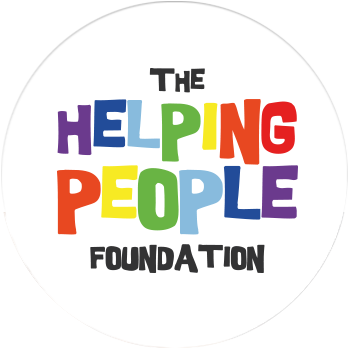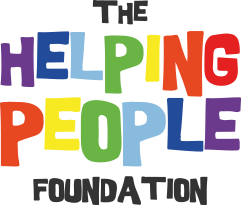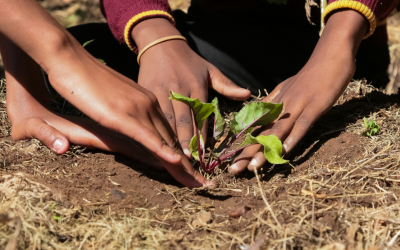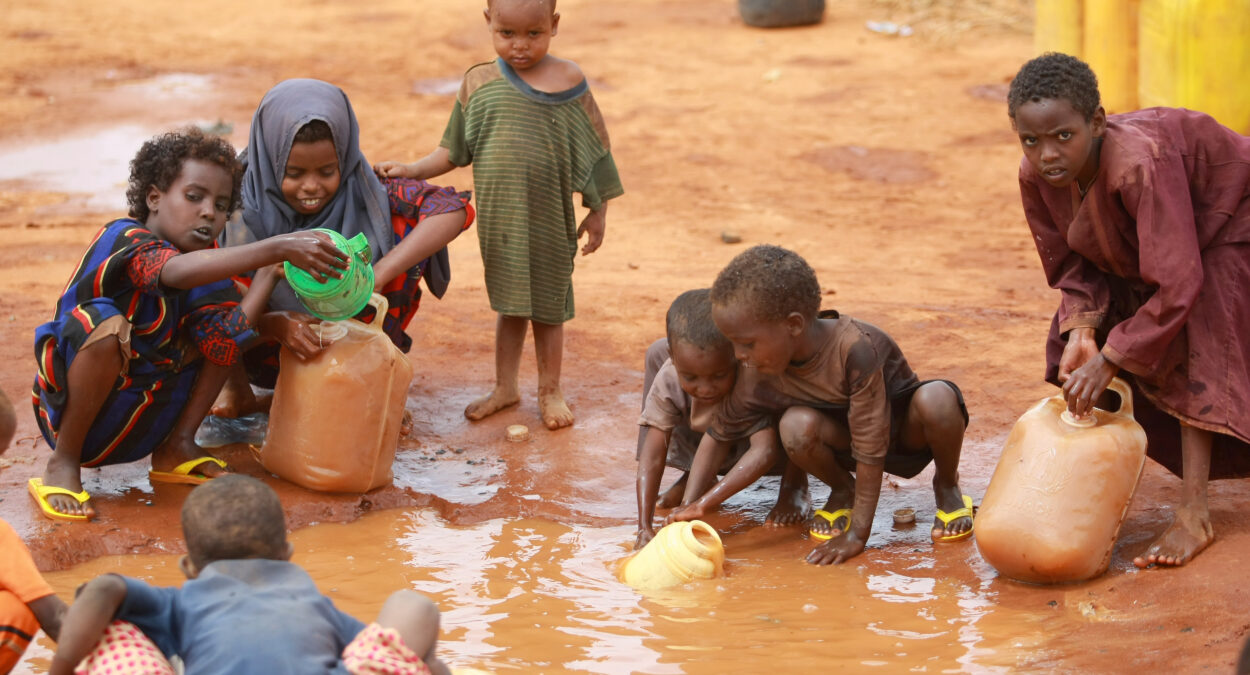CURRENT LIVING CONDITIONS IN MOZAMBIQUE
SCHOOL
About half of all adults can neither read nor write. After all, the enrolment rate has increased from 50% in 2000 to 93% in 2019. However, this has also meant that the pressure on the school system is very high. There is a lack of qualified teachers; and those that do exist are often absent, for example due to illness. There is also substantial evidence that a high enrolment rate alone could not sustainably improve the situation of the children. Many children have to work because their families depend on the money. Only a few children under the age of five have a passport, but without this document they have no state protection. They are subjected to abuse, child labour, forced marriages, forced to take up arms.
The problems in basic education continue thereafter. "The training and further education of vocational school teachers is neither practice- nor labour market-oriented," writes the Society for International Cooperation. "Vocational training programmes are also not geared enough to the needs of the labour market and the content is often far removed from practice." Currently, 450,000 young people enter the labour market every year.
MEDICINE
The health system is also inadequate, with well-equipped hospitals only in the big cities. Mozambique has one of the highest HIV rates in the world, there are almost half a million AIDS orphans. Malaria and tuberculosis also result in many deaths. The diseases are also partly due to the poor water supply.
Water
Less than one in two residents has access to clean drinking water. In the refugee camps, the hygienic conditions are catastrophic, there is no access to clean water. As a result, cholera continues to spread.
nutrition
Despite international aid, the refugees are not sufficiently supplied with food, there is hunger. The refugees can no longer cultivate the fields they left behind in their homeland, food production is shrinking and the supply situation is becoming increasingly precarious. "The families all told me the same thing: Their villages were attacked, which is why they had to flee. Now they are left with no supplies, no shelter and little to no food. Some families collect wild fruits, tubers and plants to eat," reports David Prieto from the David Prieto aid organisation.

Geography
Mozambique is a country in Southeast Africa, on the Indian Ocean. The neighbouring countries are, from north to south, Tanzania, Malawi, Zambia, Zimbabwe, South Africa and Eswatini, formerly Swaziland. Mozambique is just over 799,830 square kilometres in size (see goruma) and has 30.4 million inhabitants (see statista). The capital Maputo is located in the very south of the country; about 1.1 million people live there. The population is growing by 2.8 percent annually (see countrymeters) and 63.5 percent live in rural areas. 40 percent of the inhabitants are younger than 14. The average life expectancy at birth is 60.9 years. The official language is Portuguese, and various languages from the Bantu language group are spoken.
THE CHALLENGE OF TERRORISM
It would be a mistake to assume that peace has returned to Mosamik after the 2019 peace treaty. Since 2017, there have been radical Islamic-motivated attacks in the northern parts of the country. From the mid-2020s onwards, clashes between these forces and the security authorities increased in frequency and intensity. 730,000 people have been displaced
to date (2021), according to the UN Refugee Agency. "Largely unnoticed by the world public, one humanitarian catastrophe after another is taking place there," says Ulrich Kny from the church relief organisation "Kirche in Not". There are multiple human rights violations. There are also reports of women being abducted, abused and married off against their will.
Foreign forces are also involved in these conflicts. Most recently, in the winter of 2021, forces from neighbouring Rwanda helped liberate the strategically important port city of Mocimboa da Praia from the hands of Islamist militias. The EU decided in July 2021 to help train Mozambican armed forces. The government had asked the EU for help, but the EU was not planning a combat deployment of European troops. The rebels are likely to be working across borders as well - Tanzania is suspected of being a recruitment and refuge centre for the militants.
The motives and goals of the insurgents are not precisely known. The terrorist organisation "Islamic State" claimed individual attacks as its own - but its role in the conflict is also not entirely clear. Incidentally, not only Christian but also Islamic institutions are attacked.

History
Before Mozambique became independent on 25 June 1975 after a liberation struggle, it was under Portuguese influence for about 400 years, most recently as a colony. In the process, the borders had been drawn without regard to existing cultures, so that the Arabic-influenced Swahili culture found itself joined in one state with areas in the interior that had previously belonged to larger African empires. After gaining independence, Mozambique became a presidential democracy with a president at the head of the executive.
The ruling party is the former unity party FRELIMO, the opposition RENAMO emerged from the rebel movement of the same name. Since 2009, there is still the Democratic Movement for Mozambique (MDM). A multi-party system and a market economy have been enshrined in the constitution since 1990. The President since 2014 is the FRELIMO politician Filipe Nyusi.
However, all this sounds like a stability that never existed; as early as 1976, a 16-year civil war began. The government forces, supported by the Marxist-oriented Frente de Libertação de Moçambique (FRELIMO) on the one side and the rebel movement Resistência Nacional Moçambicana (RENAMO) on the other, were opposed. Until an initial agreement was reached to end the civil war, it had claimed one million lives. It forced 1.7 million people to flee. After the conclusion of a peace treaty in 1992, a degree of stabilisation was achieved with the help of UN peacekeepers.
However, in the past decade, especially from 2013 onwards, the old oppositions erupted again. RENAMO finally denounced the 1992 peace agreement. In 2014, a renewed peace process began, which was repeatedly marked by setbacks. A ceasefire was agreed in 2016, and a ceasefire agreement on 1 August 2019. A peace treaty was signed on 6 August 2019. A legacy of the civil war was the two million landmines that were laid during this period. More than 10,000 people have been killed by these mines.

Economics
After gaining independence, a long civil war, then repeated unrest after a short break, and finally Islamist terrorism in recent years - it would have been a surprise if there had been good economic development and appropriate social conditions in Mozambique. The reality is different. 70% of the population live below the poverty line. Mozambique is one of the least developed countries in the world, among the ten poorest countries of all.
In between there were glimmers of hope: After the ceasefire, there were some initial successes in the reconstruction of the country. The extraction of raw materials also strongly drove economic growth. But development is hampered by low levels of education, corruption, natural disasters and government over-indebtedness. "The hopes that everything would get better after the end of the civil war in 1992 were not fulfilled," is the sobering summary.
One example is the fighting in the border region with Tanzania in spring 2021. Islamists took control there and the French energy company Total had to bring more than 1000 employees to safety. Total is involved in a 176 billion euro liquefied natural gas project there. The planned relaunch of the project has been cancelled for the time being. And other projects to use these energy reserves are also being questioned.
These are key projects; foreign investment is concentrated on the extraction of coal and gas, because there are extensive reserves. Agriculture and infrastructure are the only areas that attract the attention of foreign investors, but unrest and civil war also block such projects.
There is also criticism that the people do not have good prospects of being able to participate adequately in the wealth that the exploitation of the gas fields and other raw material deposits promises. Consequently, it seems that it has not yet been possible to give the people genuine prospects. Therefore, they remain in a situation where the can also become susceptible to Islamist propaganda - which in turn intensifies the conflicts in the region. And not only do armed conflicts hinder economic development, but conversely, sheer hunger has already led to revolts and thus brought additional unrest. Political conflicts, economic problems and social unrest thus form a vicious circle.
The inhabitants of Mozambique in the countryside live to a large extent as self-sufficient farmers or as fishermen. Of the agricultural products that are marketed, tea, cotton, sugar cane and cashew nuts are the most important. However, there is a continuing rural exodus without this being a guarantee for people to move into better social conditions. 75 percent of urban dwellers live in slums or informal settlements where there is no access to clean drinking water, sanitation and a health system. For many years, the conditions in Mozambique ensured that many migrated to South Africa in search of work.
A STATE IN DANGER OF FAILING
One of Mozambique's problems is that the state is unable to fulfil many of its functions adequately. Internal security is one of these functions. An above-average crime level can be seen, especially in the cities. This also involves kidnappings aimed solely at extorting ransoms. "Drug trafficking, money laundering and child trafficking are hardly controlled and rarely punished in Mozambique. In the absence of state and police control, lynching is common."
The financial system's underdevelopment is also a problem. This is how KFW describes the situation: "Transferring bills, withdrawing money, saving for old age or bad times - for the majority of the population in Mozambique, financial services are not taken for granted. Most of them receive their wages in cash. This is partly because there are hardly any bank branches or microfinance institutions in rural areas and also because transaction costs are very high. Secondly, there is a general lack of confidence in the financial system."
Sources:
countrymeters.info. Mozambique population; URL: https://countrymeters.info/de/Mozambique#:~:text=Mosambik%3A%20Demografie%202021&text=Januar%202022%20wurde%20die%20Bev%C3%B6lkerung,31.674.705%20Einwohnern%20im%20Vorjahr. (last accessed 05.03.2022)
goruma. Mozambique: Geography and map; URL: https://www.goruma.de/laender/afrika/mosambik/landkarte-geografie (last accessed 05.03.2022)
statista. Mosambik: Gesamtbevölkerung von 1980 bis 2015 und Prognosen bis 2026(in millions of inhabitants); URL: https://de.statista.com/statistik/daten/studie/384948/umfrage/gesamtbevoelkerung-von-mosambik/ (as at: 21.01.2022)




